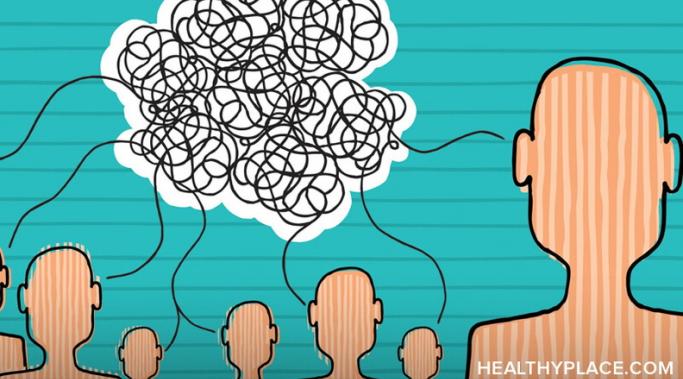Blogs
Have you considered self-love this Valentine's Day/? Irrespective of whether you are single, committed, divorced, widowed, or self-partnered, Valentine's Day is a day when you should prioritize self-love. Here's why.
For those navigating mental health conditions, the journey toward self-love is not only crucial but can serve as a powerful catalyst for improved mental wellbeing. This Valentine's Day, let's shift the focus inward and explore the transformative practice of self-love, highlighting the empowering act of taking yourself on a date.
Breathwork can help with anxiety. Sometimes, when it comes to managing mental health, it's best to go back to the basics, like breathing. It seems too simple, and it is simple, but that doesn't make it any less important. Breathwork is an amazing tool to refocus, calm one's mind, and work through moments of high anxiety. The best part is that it can be done anywhere at any time.
I've found Valentine's Day affirmations helpful. For some people, Valentine's Day is full of flowers, candy hearts, thoughtful cards, fancy dinners, and romance. For others, it is a fun day to celebrate with family and friends. But for people struggling with depression or anxiety, this holiday can bring about feelings of loneliness, anger, and envy. It can be a reminder of heartbreak and loss. If you are going through a difficult time right now, here are some Valentine's Day affirmations for you.
Knowing how to initiate recovery from gambling addiction is hard. The internal struggle of wanting to break free from the grasp of compulsive gambling while feeling unsure about where to start can be overwhelming. I have been there, struggling with the yearning for change but feeling paralyzed by the enormity of the task of initiating my recovery from gambling addiction.
Advice for verbal abuse is often sought. This call for help can be subtle or obvious, depending on their personality. Not surprisingly, I've been on both sides of this scenario. Although it can be easy to give verbal abuse advice, following it may be more challenging.
Money dysmorphia involves spending too much. When was the last time you went on a shopping spree? I'm not judging you; everybody needs a little retail therapy every now and then. But if you find yourself indulging in shopping too much, you may have money dysmorphia.
I recently realized that eye movement desensitization reprocessing (EMDR) could be useful for members of the lesbian, gay, bisexual, transgender, queer, intersex, and asexual plus (LGBTQIA+) community. I had the opportunity to be trained in EMDR as a therapist. This is a therapy for helping individuals with posttraumatic stress disorder (PTSD) to heal from their trauma. In addition to being a provider of EMDR, I recently started going through EMDR myself. These experiences made me start to think about EMDR as a modality that may help members of the LGBTQIA+ community in healing from their traumas.
Every morning, I think about communicating with my alters. I embark on a journey within myself, stepping onto the internal bus where my alters await. With a roll call and a gentle reminder that I'm the sole driver, we set out on the day's path. Over the years, my alters, and I have traveled a winding road of unproductive, hostile communication, marked by fear and instability at the outset. But with time, understanding, and perseverance, we've learned to navigate this intricate terrain, fostering a dialog that supports our overall wellbeing by communicating with alters.
Waiting for depression to pass is interminable, but sometimes it's the only thing to do. In bipolar disorder, what goes down must come up -- at some point, anyway. The trouble is, no one knows when that's going to happen. There can be a lot of waiting for depression to pass in bipolar disorder. I hate it.









